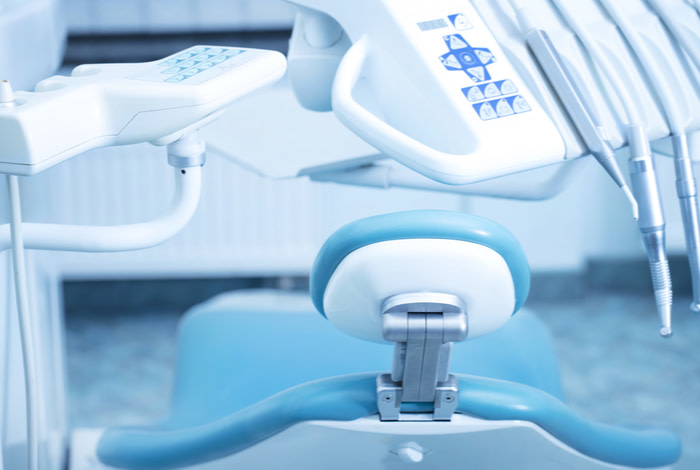
It’s understandable that people may be thinking twice about scheduling dental health checkups during the COVID-19 pandemic. There's no need to fear - dental practices must adhere to some of the strictest hygiene and infection control standards of any kind of healthcare provider, making the dental practice as safe as possible.
The ADA (Australian Dental Association) and NZDA (New Zealand Dental Association) have extremely strict guidelines that all dental practices must adhere to in order to operate, covering everything from hand hygiene to quarantining potentially infected areas.
Hand hygiene
All dental practitioners must maintain hand hygiene both before and after gloving. Before gloving the hands are washed with either a waterless agent such as an alcohol based hand sanitiser or a soap solution. Washing is performed in a designated clean sink with either no-touch controls or taps that can be operated hands free. Once gloved, contact is limited to the patient and sterilised tools. Practitioners are also trained in a variety of non-touch techniques to limit contact between hands and surfaces, including elbow opening of drawers.
Personal protective barriers
The ADA requires dental practitioners to wear a number of personal protective barriers, including gloves, masks, eye protection, protective clothing (such as a disposable gown) and footwear capable of protecting them from sharps.
Sterilisation
All reusable tools are thoroughly sterilised using pressure and steam. This has proven to be by far the most effective sterilisation method available, eclipsing alcohol and UV in terms of effectiveness.
Cleaning and decontamination
All exposed surfaces must be wiped down with a detergent/chlorine solution before and after a consultation and theatres are thoroughly cleaned and decontaminated daily.
Environmental barriers
Areas that are difficult to regularly clean must be covered by disposable environmental barriers that can be disposed of between treatments.
Proper disposal of waste and sharps
Medical waste, including single use protective barriers such as gloves and gowns must be disposed of properly and only handled while wearing full protective barriers to minimise risk of contact with any potentially infectious waste. Sharps, including syringes, single use tools and any surgical implements must be disposed of in an appropriate container.
Patient vetting and procedure restriction
The Australian Dental Association (ADA ) has released specific guidelines for dental restrictions during the COVID-19 pandemic . The restrictions on procedures are as follows:
- Level 1
All routine, urgent and emergency dental treatment is available using standard precautions for people who do not meet the medical criteria for COVID-19.
Emergency dental treatment available for suspected or confirmed COVID-19 patients.
- Level 2 (All of Australia bar Queensland is currently operating under this advice)
Some clinically necessary routine dental treatment using standard precautions may be performed, but any procedure that is considered non-urgent should be deferred as long as it will not negatively impact the dental or overall health of the patient.
Urgent dental treatment using standard precautions is available for people who do not meet medical criteria for COVID-19 is available
Emergency dental treatment available for confirmed COVID-19 patients. Suspected COVID-19 cases should be deferred until the case is confirmed.
- Level 3 (Queensland)
Only urgent dental treatment using standard precautions is available for people who do not meet medical criteria for COVID-19.
Emergency dental treatment available for confirmed COVID-19 patients. Suspected COVID-19 cases should be deferred until the case is confirmed.
- Level 4
Any routine or urgent dental treatment using standard precautions should be deferred for anyone not meeting the medical criteria for COVID-19.
Emergency dental treatment available for confirmed COVID-19 patients. Suspected COVID-19 cases should be deferred until the case is confirmed.
Other measures
Dental practices may also implement other measures at their discretion, such as limiting touchable surfaces in waiting areas, limiting the number of appointments a day to avoid overlap, removal of all environmental objects aside from essential furniture and more. Dental practitioners care about the health of their patients and staff so will take whatever precautions necessary to ensure that their practices are as safe and risk free as possible.
Dental practices are doing their part in minimising social contact at the moment. They are an essential service, and thus remain open. If you have a toothache, or something in your mouth is broken or loose, the easiest way to find a local dentist and book an appointment online is through the MyHealth1st portal.